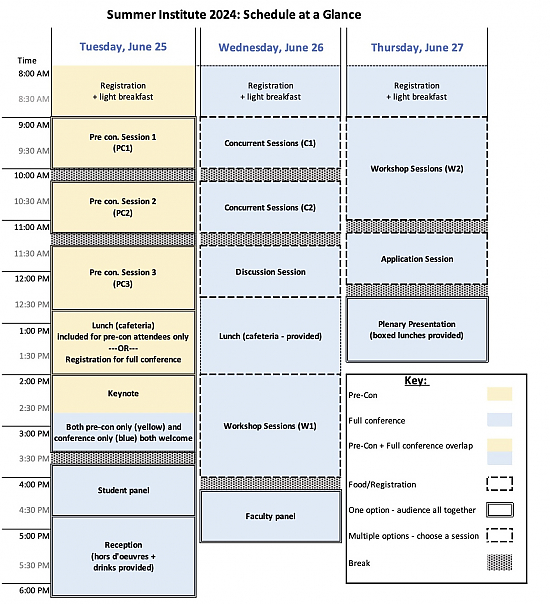Thursday June 27, 9:00 - 11:00 a.m. ET
Workshop sessions are 2-hour presentations that are more focused and go into more depth on a topic with relevance for educators working with students with LD, ADHD, and autism. These are intended to be more interactive in nature, which may include any or all of the following: hands-on activities, practice or application of taught strategies or skills, and rich discussion.
*Choose one presentation from the following during this session*:
W21: Cultivating Interdisciplinary Collaboration to Encourage Teaching and Learning Experiences within a STEM Cohort
Presenters:
Stazi Bonhomme, Student, Landmark College
Val Proskauer Valerio, Student, Landmark College
Christin Monroe, Ph.D., Assistant Professor, Landmark College
Rebecca Matte, Associate Professor, Landmark College
Kim Coleman, Ph.D., Associate Professor, Landmark College
Description:
It is well understood that experiential learning contributes substantially to deeper and more nuanced understanding of content within a group of typical learners. Moreover, recent evidence suggests that these techniques are even more powerful for those who may traditionally struggle with specific elements of a standard academic program. Our internship model lends enough structure to provide motivation paired with enough flexibility to avoid restricting creative freedom. Our STEM cohort is interdisciplinary in that it includes both Life Science and Computer Science students that meet together in our STEM Community. As an example of this interdisciplinary collaboration, we will highlight a table-top game, that simulates the spread of a bacterial infection through a population, created by program members. We will share the program model that facilitated both the initial creation of the project and the collaborative impetus for further developments.
W22: Gaming for Growth and Belonging
Presenters:
Eric Gobel-Lynch, PhD, Director of Transition Programs, Landmark College
Thomas Kuzma, Coordinator of Student Affairs Online Programs and Support, Landmark College
Description:
Tabletop role-playing games can be a powerful tool to help neurodiverse individuals build skills and have fun while fostering a community at their college. Accessible to students in online and in-person formats, these games give players a chance to practice social skills, empathy, and executive function in a world with simulated consequences that allows for failure and learning in a forgiving environment. After this session, participants will be able to, explain the benefits of TTRPGs for neurodivergent students, prepare for and run TTRPG sessions, and conduct safe and inclusive games using expert-designed resources.
W23: Greatest Hits: Strategies to Use with your Students
Presenter:
Emily Helft, Ed.S., Assistant Director of Professional Development, Landmark College Institute for Research and Training (LCIRT)
Description:
Here at the Institute for Research and Training, we give dozens of workshops and trainings every year, and we hear time and time again that strategies are what people are most excited about getting from our professional development offerings. Come join us for a 2-hour workshop to learn about our most popular recommendations for many educational situations including supporting executive function, fostering a Universal Design for Learning mindset, or supporting neurodivergent students in the classroom. We'll cover strategies we personally see folks get the most excited about, as well as top requests from the student perspective. This is a hands on workshop and participants should come prepared to participate!
W24: Developing a Neurodivergent Mind Through Game Design
Presenters:
Daisy Frederick, Founder, Off-Key, LLC
Description:
Games are highly engaging, especially for the neurodiverse community, and game design provides a perfect method for supporting the development of many ‘soft skills.’ This workshop will be full of hands-on activities and open discussion to introduce practical, robust activities that can be integrated into a variety of subject areas. Participants will get the chance to work with several different materials for designing both tabletop and video games, and walk away with a ‘game design kit’ and access to a Google Folder of resources.
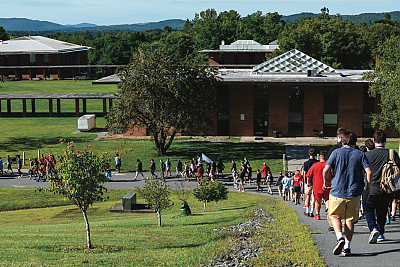
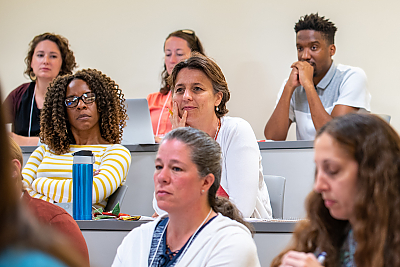
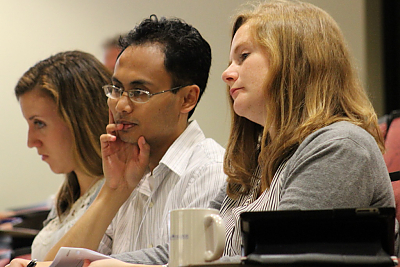
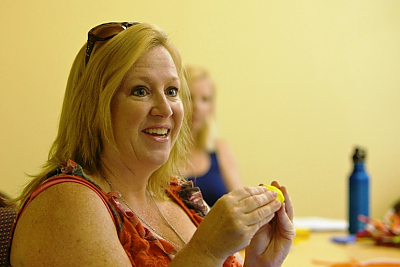
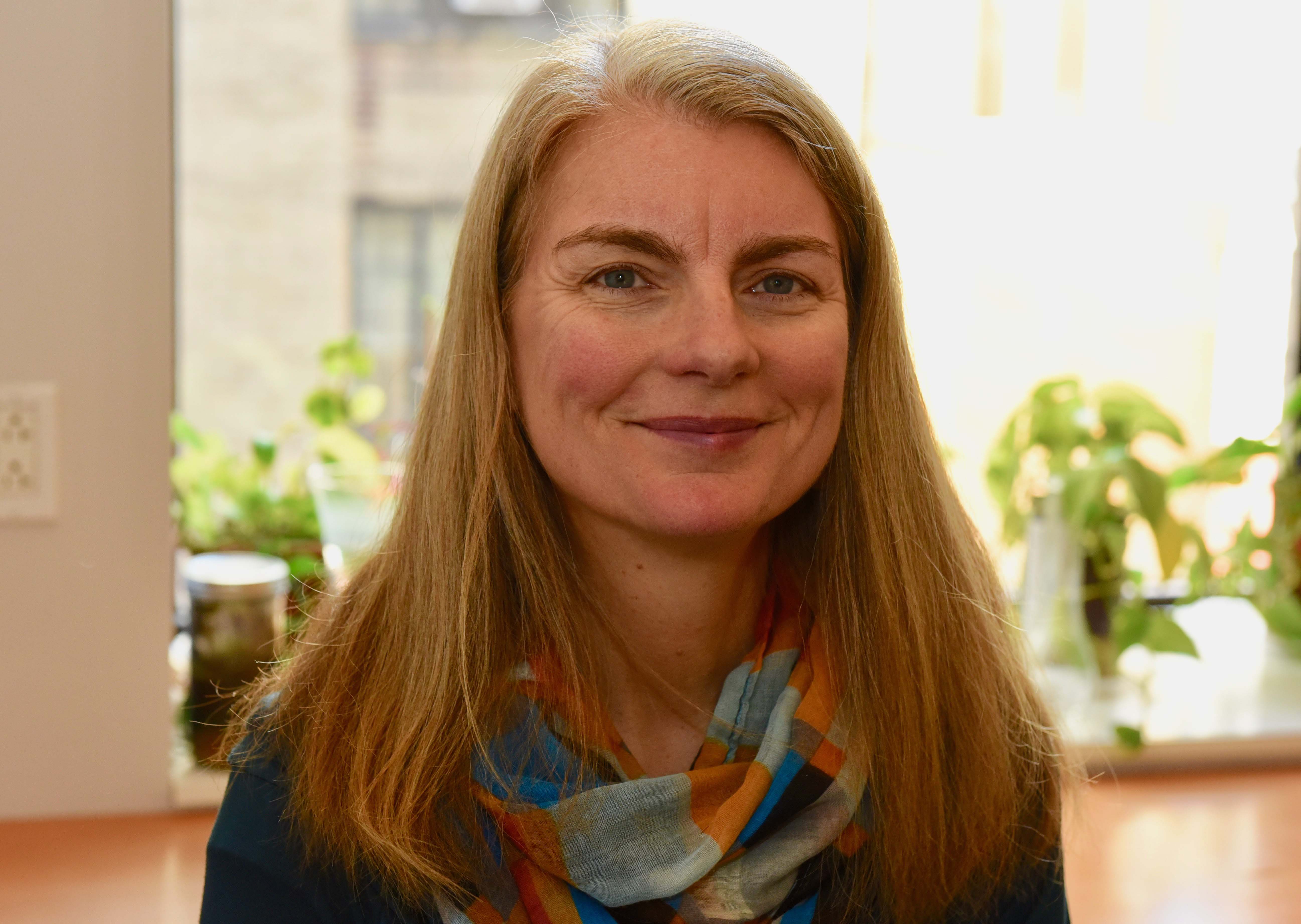
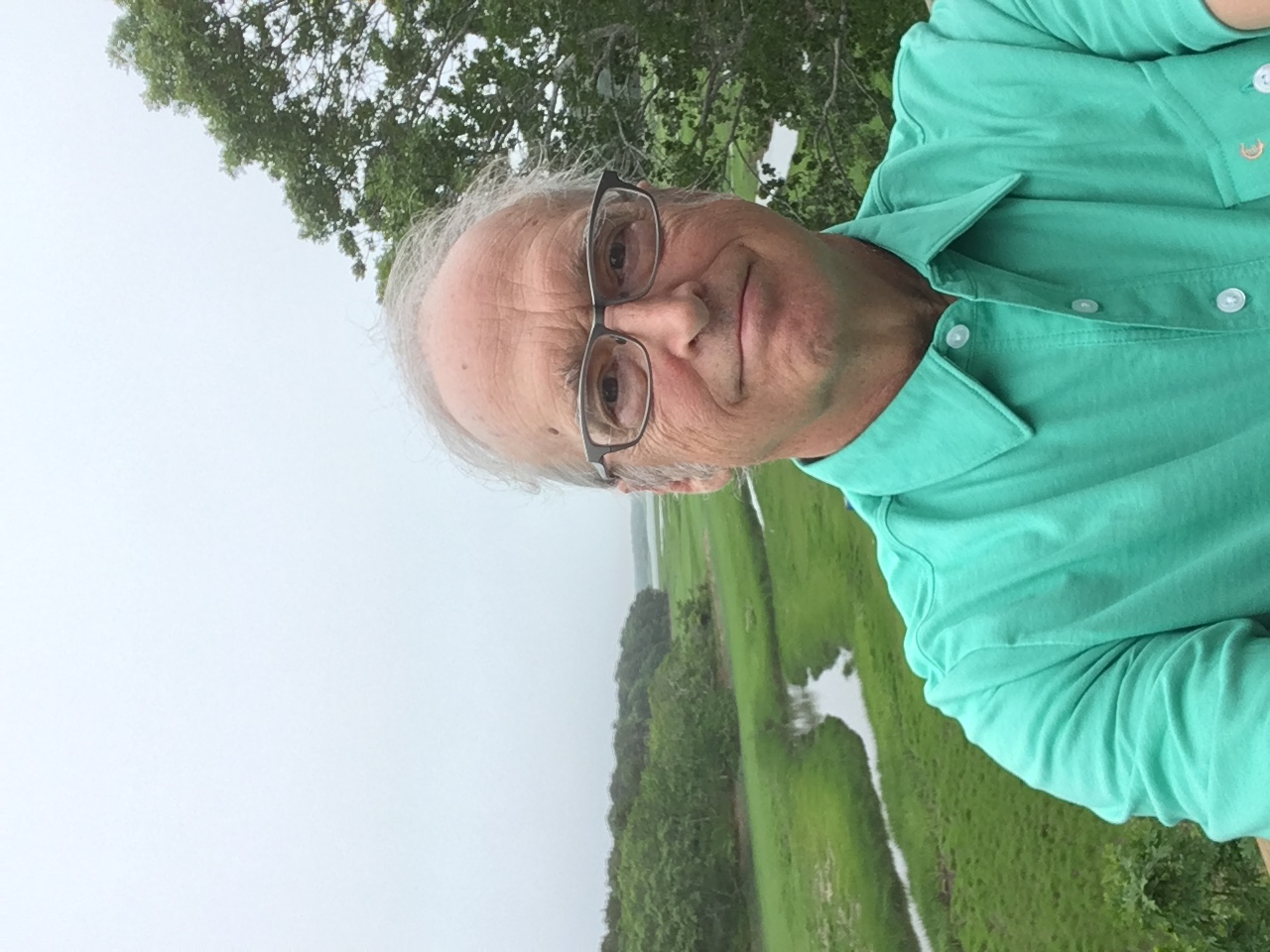 Session Description:
Session Description: 